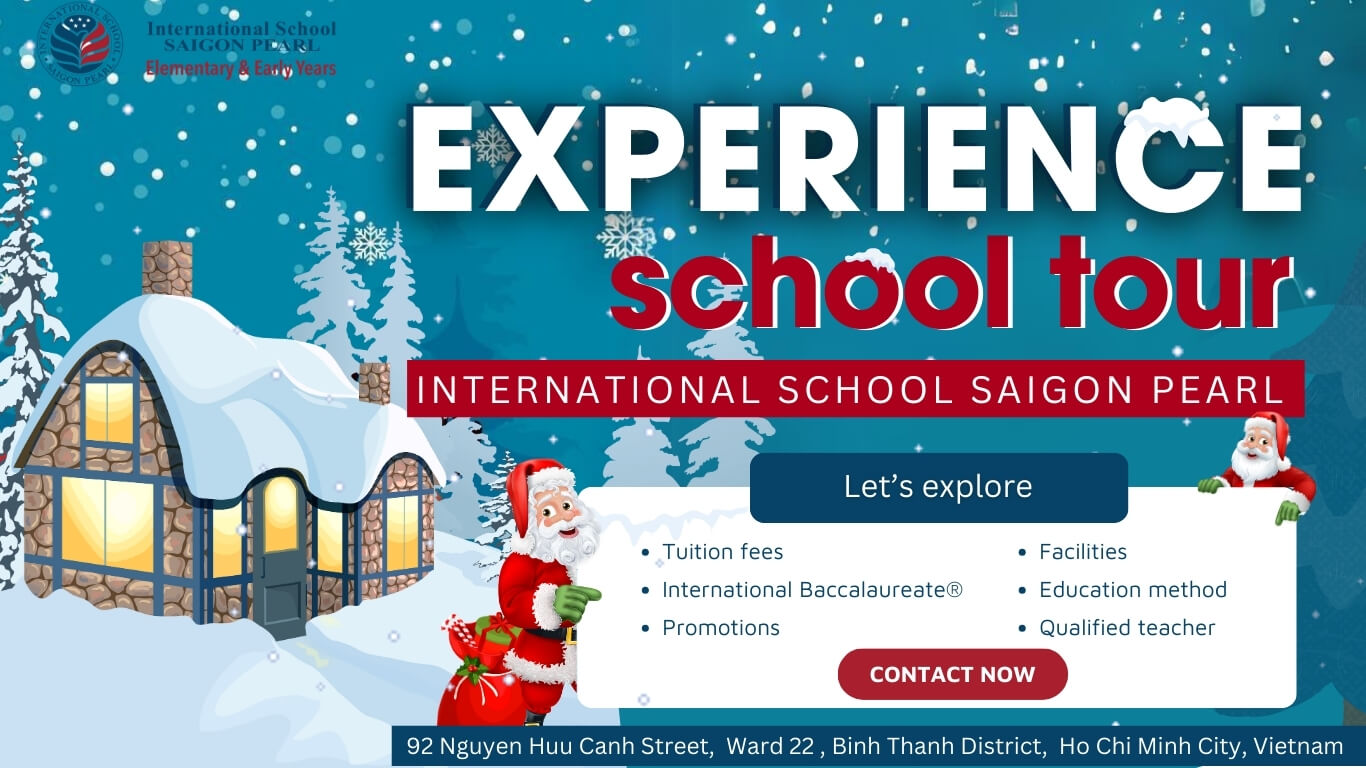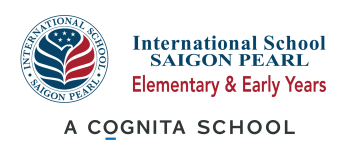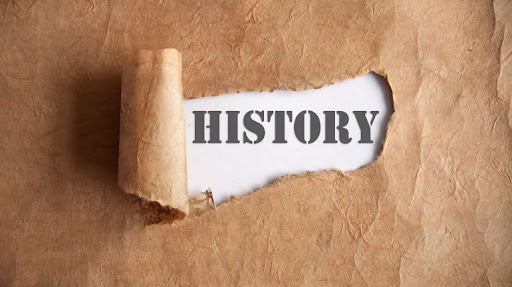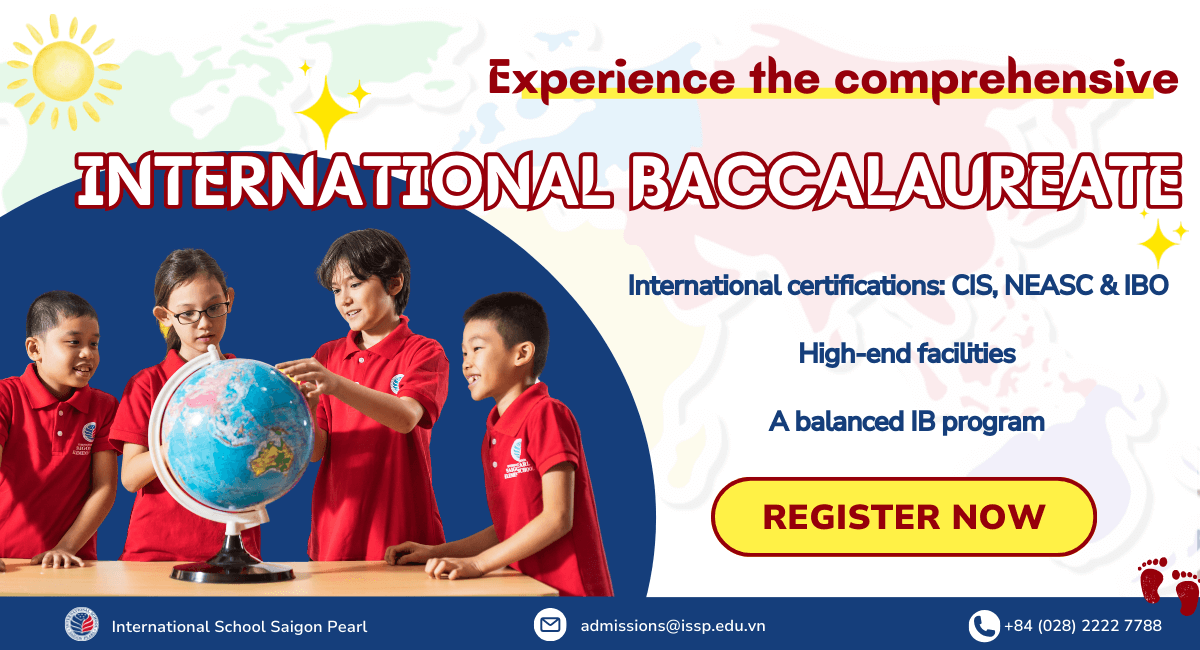Contents
Currently, there are many controversial opinions surrounding studying history at school. The role of history is gradually fading away in the lives of the younger generation. Some people think that history is a field that is rarely used in everyday life. Therefore, we should focus on science or technology to bring immediate and practical benefits to both present and future lives. However, the lessons from history are very meaningful to each person’s life no matter how society develops.
History as well as culture, art serves a practical purpose not only on aesthetic grounds but also on the level of human understanding. Good stories are stories that explore what real-life people and societies were like, and they evoke thoughts about people in other places and times. For a deeper understanding of why is studying history important, read the information that ISSP provides below.
>> Read more:
- Play-based learning: What it is and Why it is essential for kids?
- What is project-based learning? Examples, benefits and disadvantages

Why is studying history important (Source: Internet)
Why is studying history important?
History is the events that happened in social life and the natural world, recorded by people with pen and paper (written) to leave for posterity. So, why is studying history important? With such an understanding, it can be seen that history is a broad category, covering many fields, such as the history of the nation and the state, the history of the struggle to build and defend the country, the history of economic development, culture, customs, practices, history of organizations, parties, unions, etc. In particular, each person, each family, or each object or phenomenon exists in social life and the world. The natural world has its history.
>> Read more: How to Raise a Multilingual Child
History is the past, but the past is an essential component of the present; If there is no past, there is no future. Without studying history, children will not form an attitude of respect, gratitude, and grateful deeds toward the “founders of the country”, great people, famous people, and famous people, heroes, and martyrs. If children don’t know about history, they cannot understand or explain phenomena’s nature and things that are moving and changing constantly. At a certain time, human society will no longer have classes and the distinction between rich and poor, rich and poor, but the origin of family, ethnicity, and national boundaries will still exist. and teaching history will still be needed.
>> Read more: How does personalized education at ISSP help students develop comprehensively?
1. Develop an Understanding of the World
Through history, your children can learn how past societies, systems, ideologies, governments, cultures, and technologies were built, how they functioned, and how they have changed. The rich history of the world helps us paint a detailed picture of where we are today.
Developing your child’s knowledge of history means enhancing their knowledge of all the different aspects of life. Children can learn about the pillars on which diverse civilizations have been built, including cultures and people different from their own.
All of this knowledge makes them more well-rounded people who are better prepared to study all their subjects.
>> Read more: International education program for preschool children
2. Become a More Rounded Person
Learning history is essential to being a good citizen. This is the most common reason for including history in the curriculum. Sometimes its advocates only hope to promote national identity and loyalty through a historical twist with vivid moral lessons. However, the importance of history goes far beyond this goal and it even challenges back at some point.
History is full of stories. Some are inspirational and uplifting. Children need to tap into the lively field of history and there are many important lessons that your child needs to learn. They will study times of pain and times of joy, and the lessons they learn here can then be applied to their own life experiences.
>> Read more: Inquiry-based learning at International School Saigon Pearl (ISSP)
History also encourages a deeper understanding of differences. There are lessons, both good and bad, to be learned from the way our ancestors interacted with other people. In a modern era where inclusion is accepted regardless of your background, understanding how past societies have integrated is key to the future betterment of humanity.
History lays the foundation for citizenship with a right sense of history learning. History provides data on the emergence of national institutions, issues and values – it is the only source of significant data. It provides evidence on how countries interact with other societies, providing perspectives from many countries, essential for responsible citizens.
Furthermore, studying history helps students to understand how current and future changes affect people’s lives and the causes involved. More importantly, learning history encourages habits of mind that are so important for creating accountability for public behavior, whether as a national or community leader, informed voters, a petitioner, or simply an observer.
>> Read more: What is Montessori? Comparison of Montessori and Reggio Emilia teaching and learning approaches

Learning history is essential to being a good citizen (Source: Internet)
3. Understand Identity
For many people, the study of origins is very sacred and necessary, so genealogy has also become more popular. You are starting to be more conscious about tracing your family tree to better understand your family heritage and also to preserve your family time and proud traditions. This has become our responsibility as we need to show our gratitude to our ancestors by understanding, preserving, and continuing to pass them down to the following generations. Learning about the history of the family is also learning about themselves, to understand children’s historical background. This is a crucial component if we want to truly understand who we are.
In addition, national history is part of national identity. In the past, our ancestors had to make great sacrifices against foreign invaders to defend the sovereignty of our country. That sacrifice has taught us how to appreciate what we have and cultivate patriotism in the hearts of all Vietnamese people. When students take pride in their origin, they try to learn and work to be worthy of what their fathers built in the past, to protect their beloved homeland.
>> Read more: Preschool and primary school students participate in after-school activities at ISSP
4. Become Inspired
The past is a precious treasure of many things in the World, from experience to knowledge, from entertainment to learning, etc. And many more. So the present always inherits many things from the past. People can develop day by day with many good ideas, good projects, but nothing is not rooted in the past. History, which may be complete or incomplete, may or may not be completely true for many reasons. But basically, History helps people get inspired to do better in the present and better in the future from the bad and the good of the past. For example, from primitive means of transport in the past, people have been inspired to create modern transportation.

Those historical stories can also serve to inspire individuals to become great. (Source: Internet)
5. Learn from Mistakes
History gives us a better understanding of the world and how it works. As students study a war, they learn more about how conflicts escalate. They learn about the dilemmas world leaders face and how they react—and when those decisions lead to better or worse outcomes.
Historical research shows your children warning signs of a variety of disasters, from genocide to climate inaction. Understanding these stereotypes will help your children become an informed citizen and help you to act effectively.
“Those who don’t study history will certainly repeat it.” These words were spoken by George Santayana and they are still very relevant today because of how true they are. Students don’t need a history degree to benefit from the lessons of history—to learn from past mistakes and improve their judgment. It helps them understand many reasons why people might behave the way they do. As a result, it helps them to be more compassionate as people and more impartial as decision-makers.
>> Read more: How to prepare your child for an International Preschool?
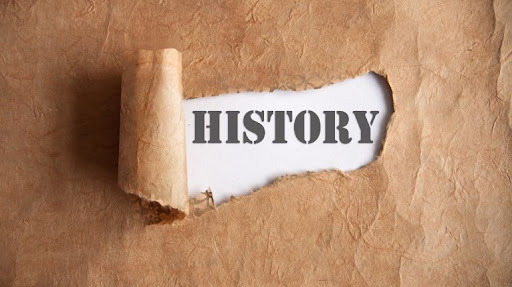
History gives us a better understanding of the world and how it works. (Source: Internet)
6. Develop Transferable Skills
History is a respected academic goal that challenges our intellect. Students must analyze information that may not have a clear interpretation before reaching a balanced conclusion. Critical thinking is at the heart of all challenging intellectual pursuits.
How to love and study history well in schools?
After exploring why is studying history important, ISSP will show to the readers the way to study history effectively in schools. The sooner you start learning about history, the more likely you are to achieve a passion for it.
Display Key Information
History is quite long story with a lot of details about timelines. With so many things for them to do, focus on the most valuable information and keep it in a small notebook so you can review it. Flashcards or quizzes can be great ways to remember key facts. Students can do these two methods online or offline. Stick them around or practice reviewing them regularly so you can memorize the most important historical information.
>> Read more: What is IB program? IB learner profile and benefits of IB program for students
Connect Events Together
History has too much timeline and knowledge. So to have a quick way to learn History, parents should advise children to link events as smoothly as possible. The first thing children need to do is record the important milestones.
So why is studying history important? Because based on the timeline, children learn the accompanying events fluently. Children should study the facts along the vertical of knowledge. The event that happened first should be studied, so that the knowledge is strung together. Make connections to develop the big picture. Then, record events, events, and different people who played a role in an important historical event. Then, create a mind map that connects each part of the picture, using color and symbolism to establish a template that contains a large amount of information that is easy to understand.
>> Read more: How international schools teach children about compassion and social responsibility
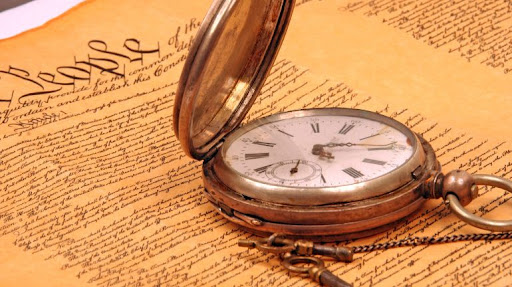
Why is studying history important (Source: Internet)
Soak up Books and Films
History is filled with incredible, real-life stories – many of which are told to a new generation in the form of novels and films. Once your child has finished his/her textbooks, movies and books provide a gentler but still useful way to learn about history.
Just make sure to choose the right title. Many books and movies take liberties with their chosen subject matter. Talk to your child’s history teacher for reading and viewing lists tied to their curriculum.
International School Saigon Pearl preserves Vietnamese traditions and culture
Some parents wonder if international schools teach history? Then the answer is YES. In addition to equipping students with a foundation of knowledge, International School Saigon Pearl (ISSP) also focuses on training children’s skills, cultivating and accompanying them to preserve national cultural traditions. Teaching Vietnamese language and Vietnamese culture to Vietnamese students of preschool and primary school age are programs that the school pays special attention to. This helps them retain their “native” cultural identity even in the international school environment. In Vietnamese language and Vietnamese culture classes, children will learn pronunciation, learn letters and learn about their original culture through objects displayed around the classroom. In older grades, children will use language to tell stories and introduce themselves to friends and teachers.
Moreover, ISSP also organizes activities on the occasion of traditional festivals such as Lunar New Year and Mid-Autumn Festival. At these festivals, events include activities imbued with Vietnamese traditions that encourage children to understand and appreciate the culture of their homeland.
ALT: In International School Saigon Pearl, history is always the main subject in the curriculum. (Source: ISSP)
At International School Saigon Pearl, children’s early life experiences are always focused and cared for. Because this is a foundation for children’s successful training and learning journey. The curriculum for preschool is built on the Reggio Emilia philosophy combined with the IB PYP framework.
The primary program at ISSP will be the International Baccalaureate Primary School PYP and American standards. This curriculum, therefore, ensures that their learning is organized across science, math, music, language arts, and social studies. These subjects are guaranteed according to the national standards of the US.
>> Read more: Modern facilities at International School Saigon Pearl (ISSP)
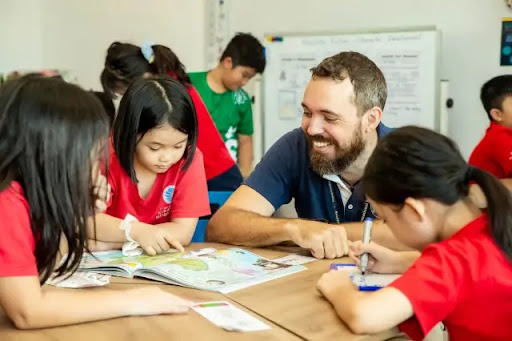
ISSP is also known as the first international preschool and primary school in Ho Chi Minh City. (Source: ISSP)
For more information about specific facilities or programs, parents can schedule a school tour or contact ISSP Admissions Office via the following contact methods:
- Phone: +84 (028) 2222 7788
- Email: admissions@issp.edu.vn
>> Other blogs:
